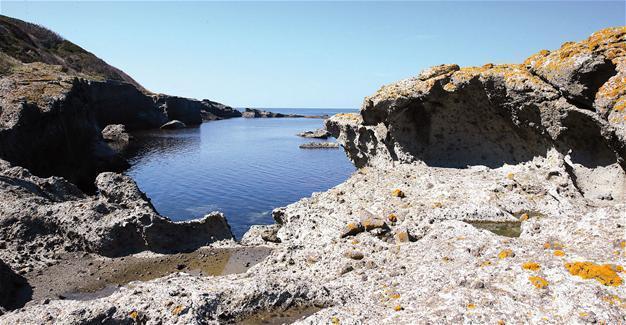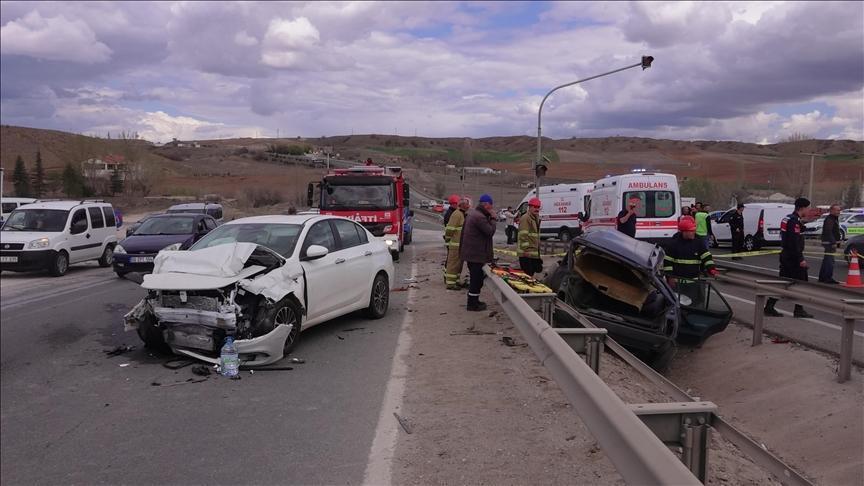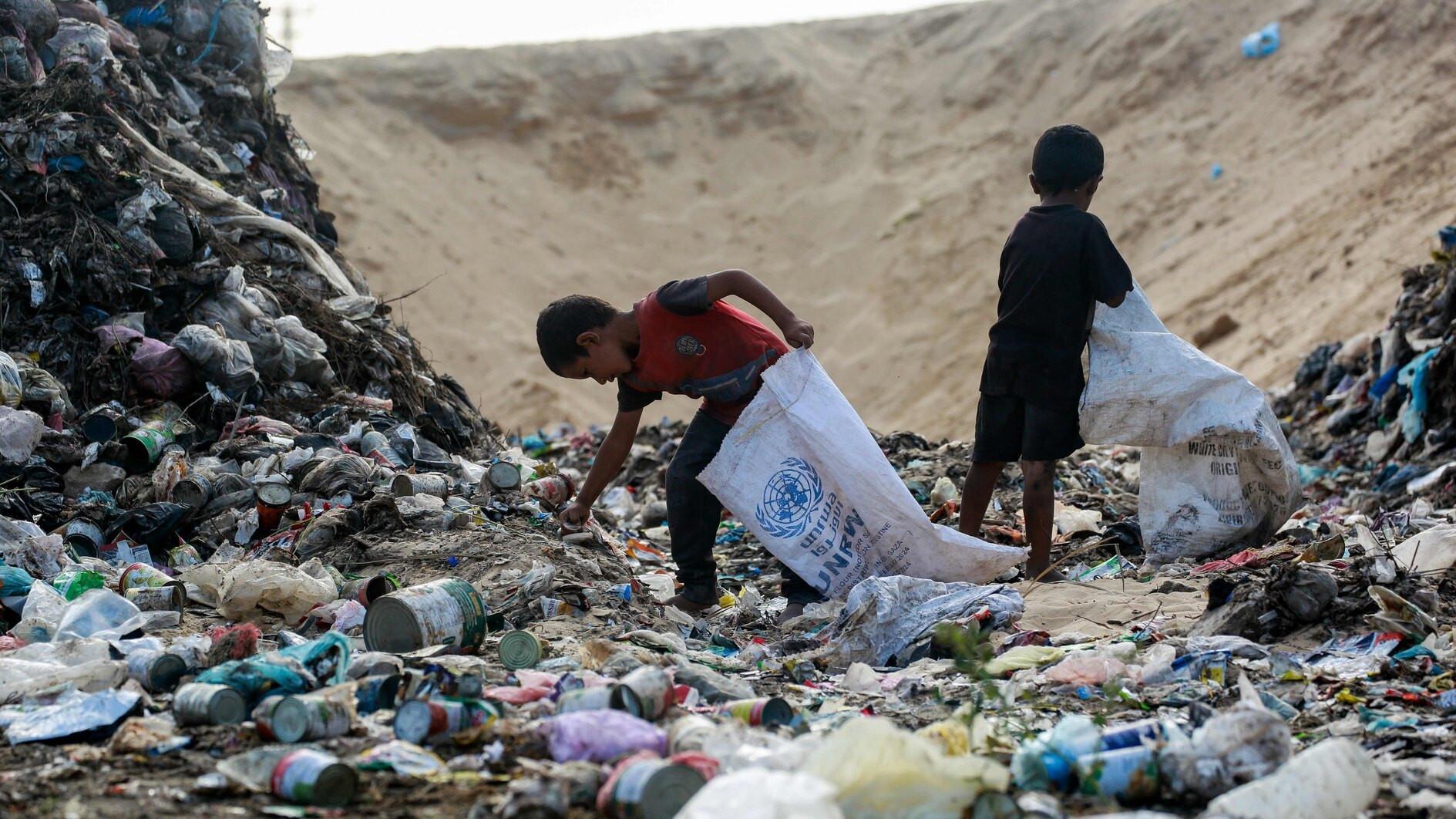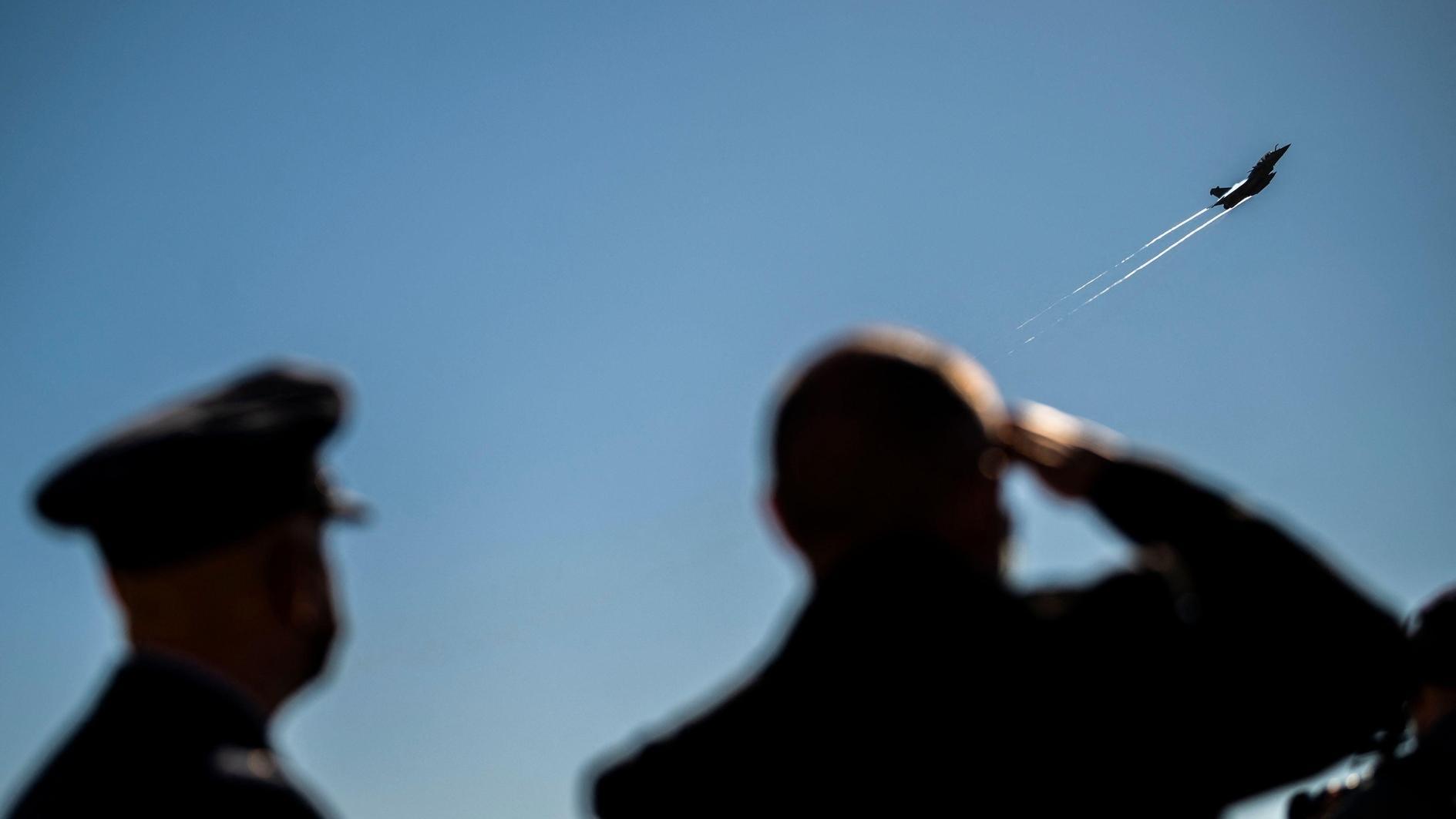Historical island needs to serve tourism
KOCAELİ – Anadolu Agency
 Kefken Island, a first-degree archaeological site in Kocaeli’s Kandıra district which is home to structures from the Hellenistic, Roman and Byzantine eras, could soon begin attracting tourists as part of a new project.
Kefken Island, a first-degree archaeological site in Kocaeli’s Kandıra district which is home to structures from the Hellenistic, Roman and Byzantine eras, could soon begin attracting tourists as part of a new project.Located 400 meters from Kocaeli’s holiday area of Cebeci, the 110,000-square-meter island draws visitors for the ruins of the Genovese castle and nearly 40 water wells that were built to collect rain water.
Covered with wild melons, anise, bay and fig trees, the island is also fascinating with its untouched coasts. It is also home to one family who lives in a wooden house and earns a livelihood with fishery.
Locals in the region want the historic island, which cannot be opened to development since it is a first-degree archaeological site and has limited transportation opportunities, to serve tourism.
The head of the Kandıra Tourism Association, Murat Güneş, said Kandıra was a prominent district in Kocaeli, which is an industrial city.
He said the district received interest from day-trippers in the summer season. “According to the General Directorate of Highways, the number of tourists visiting the region reaches 300,000 in summer alone. Generally, it draws 1.5 million tourists every year. Seventy percent of visitors come from Istanbul, but we host tourists from neighboring provinces like Eskişehir, Ankara and Bolu.”
Dating back to Roman era
Güneş said holiday areas like Kefken, Kerpe, Bağırganlı, Kumcağız, Cebeci and Seyrekare were very popular among tourists.
He said the island dated back to the Roman era and was surrounded by many natural and historic beauties.
“The walls of the Genovese castle on the island and nearly 40 water wells still exist on the island. Most of them are surrounded by brush, so they need to be unearthed. The island is also home to a lighthouse from the 1870s and virgin coasts,” he said.
“Natural anise, wild melon, cherry laurel and bay trees grow on the island. There is also a cemetery for unknown people where sailors who died on the island are buried. Also, one of the symbols of the War of Independence, İpsiz Recep, used the island as headquarters,” he said.
Güneş said there were a number of projects that could be pursued to help the island. “There are many examples of this in the world. The island could host international seminars when it is opened to tourism and transportation is made easier. Then it could draw more tourists. With a proper project, Kefken Island may add value to tourism in Kocaeli and Kandıra as a brand.”
Covered with wild melons, anise, bay and fig trees, the island is also fascinating with its untouched coasts. It is also home to one family who lives in a wooden house and earns a livelihood with fishery.
Locals in the region want the historic island, which cannot be opened to development since it is a first-degree archaeological site and has limited transportation opportunities, to serve tourism.
The head of the Kandıra Tourism Association, Murat Güneş, said Kandıra was a prominent district in Kocaeli, which is an industrial city.
He said the district received interest from day-trippers in the summer season. “According to the General Directorate of Highways, the number of tourists visiting the region reaches 300,000 in summer alone. Generally, it draws 1.5 million tourists every year. Seventy percent of visitors come from Istanbul, but we host tourists from neighboring provinces like Eskişehir, Ankara and Bolu.”
Dating back to Roman era
Güneş said holiday areas like Kefken, Kerpe, Bağırganlı, Kumcağız, Cebeci and Seyrekare were very popular among tourists.
He said the island dated back to the Roman era and was surrounded by many natural and historic beauties.
“The walls of the Genovese castle on the island and nearly 40 water wells still exist on the island. Most of them are surrounded by brush, so they need to be unearthed. The island is also home to a lighthouse from the 1870s and virgin coasts,” he said.
“Natural anise, wild melon, cherry laurel and bay trees grow on the island. There is also a cemetery for unknown people where sailors who died on the island are buried. Also, one of the symbols of the War of Independence, İpsiz Recep, used the island as headquarters,” he said.
Güneş said there were a number of projects that could be pursued to help the island. “There are many examples of this in the world. The island could host international seminars when it is opened to tourism and transportation is made easier. Then it could draw more tourists. With a proper project, Kefken Island may add value to tourism in Kocaeli and Kandıra as a brand.”
















